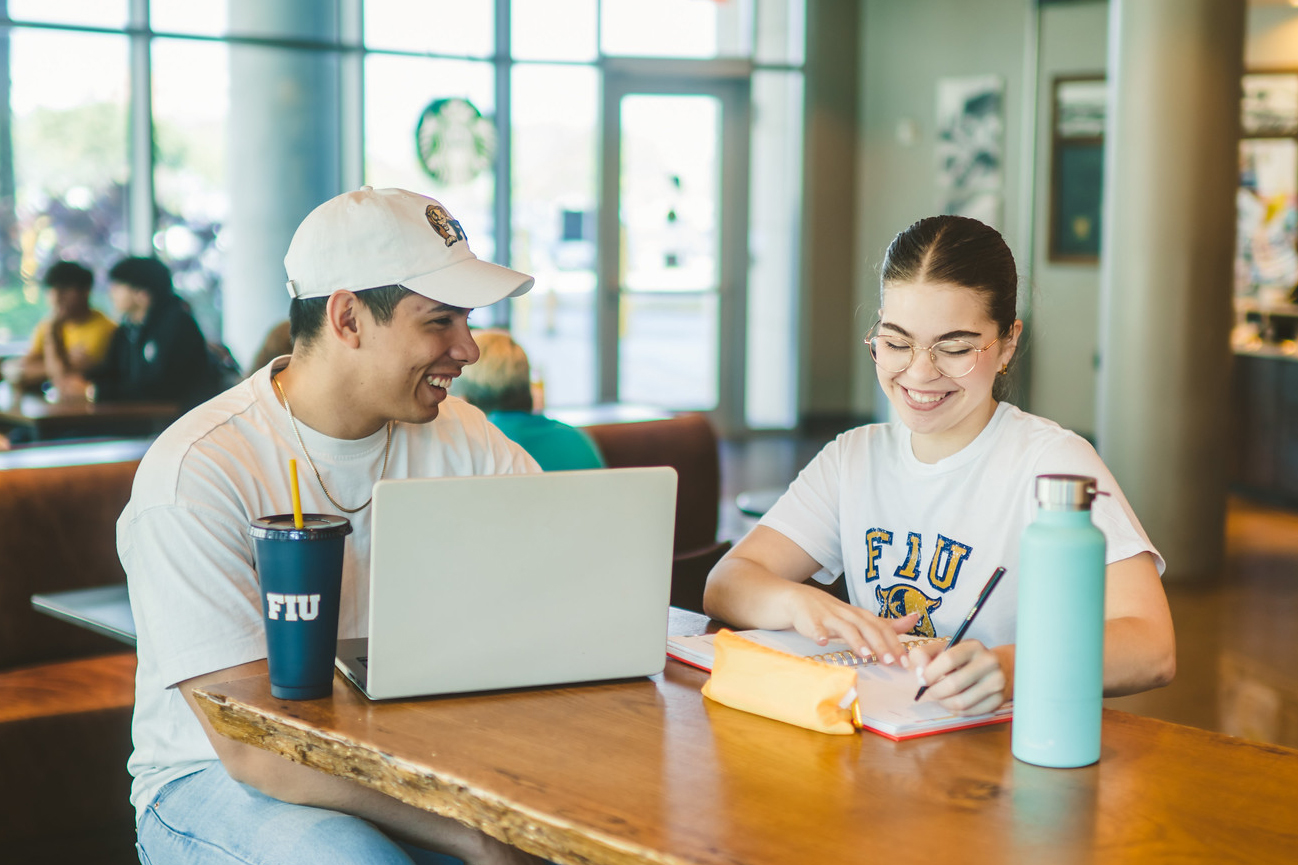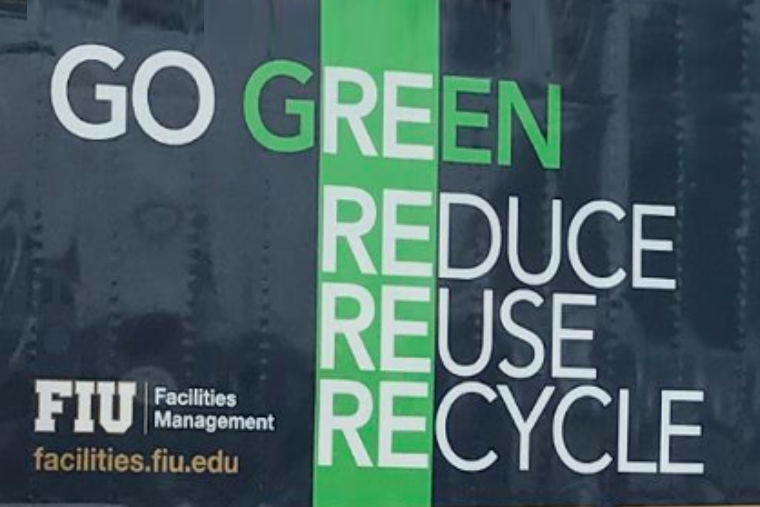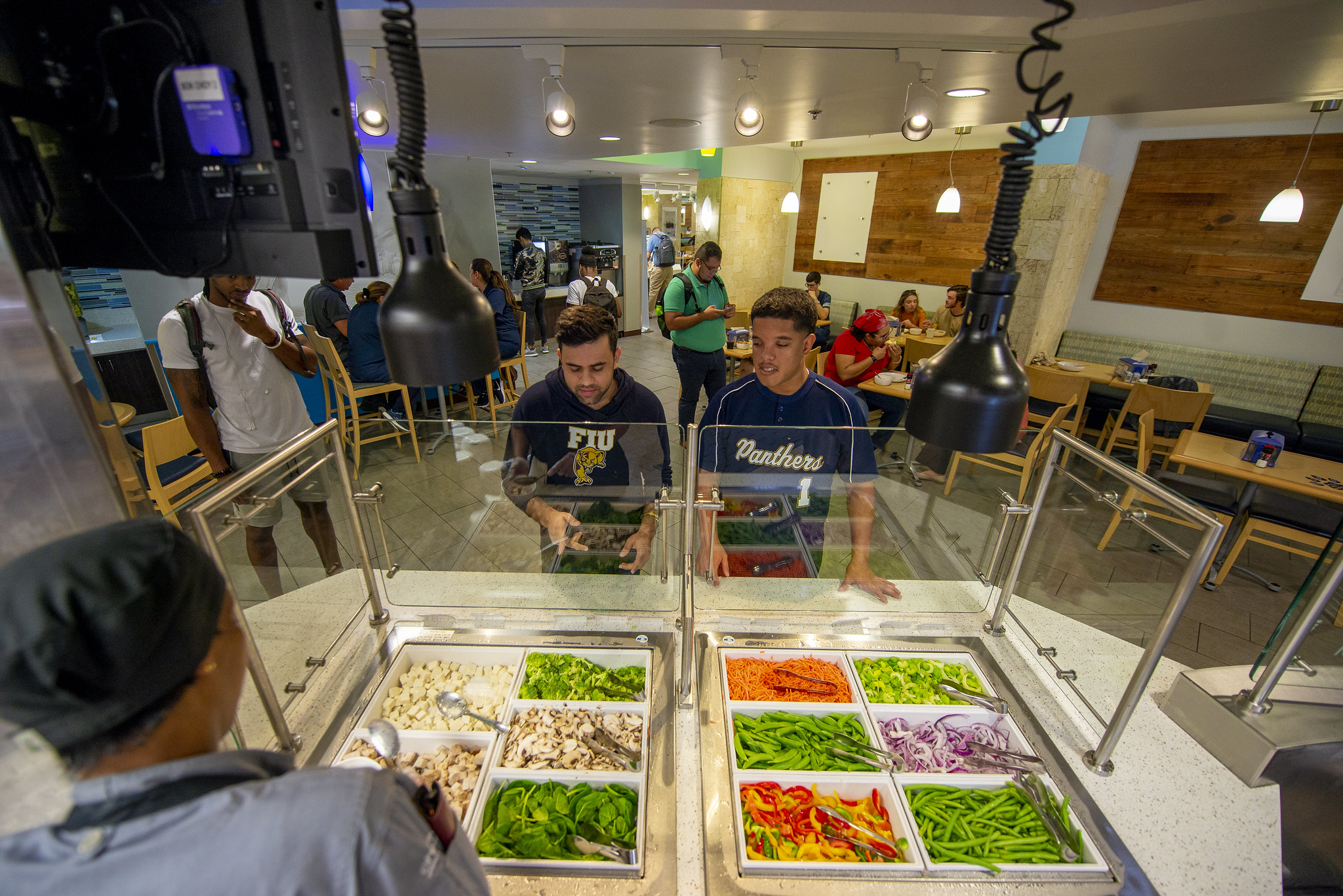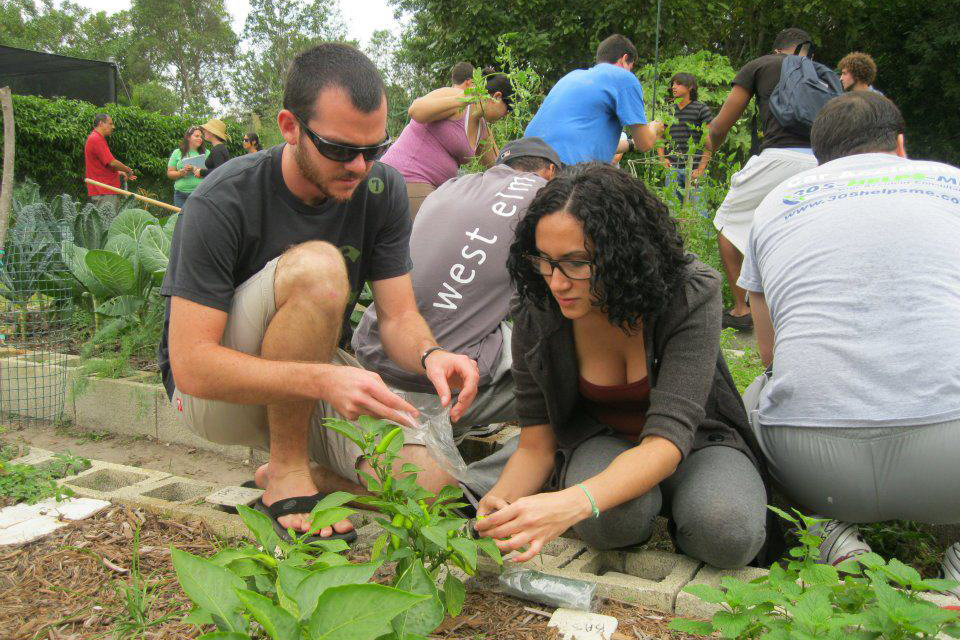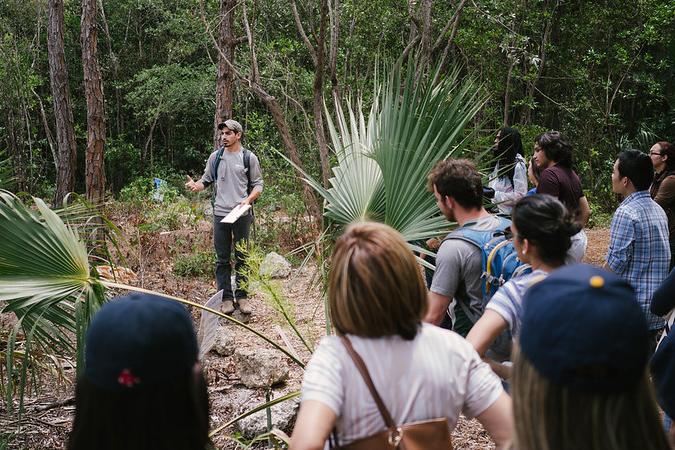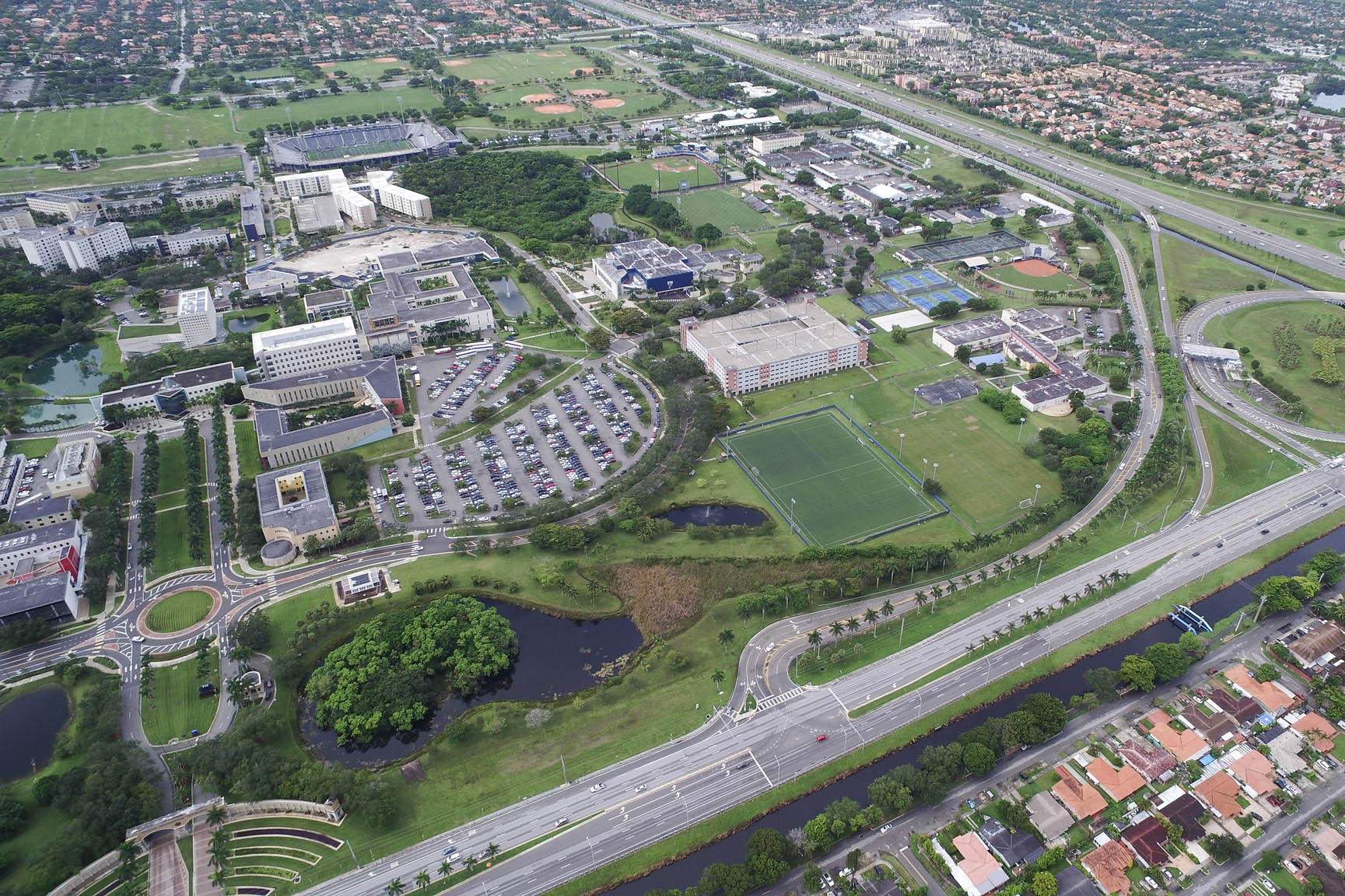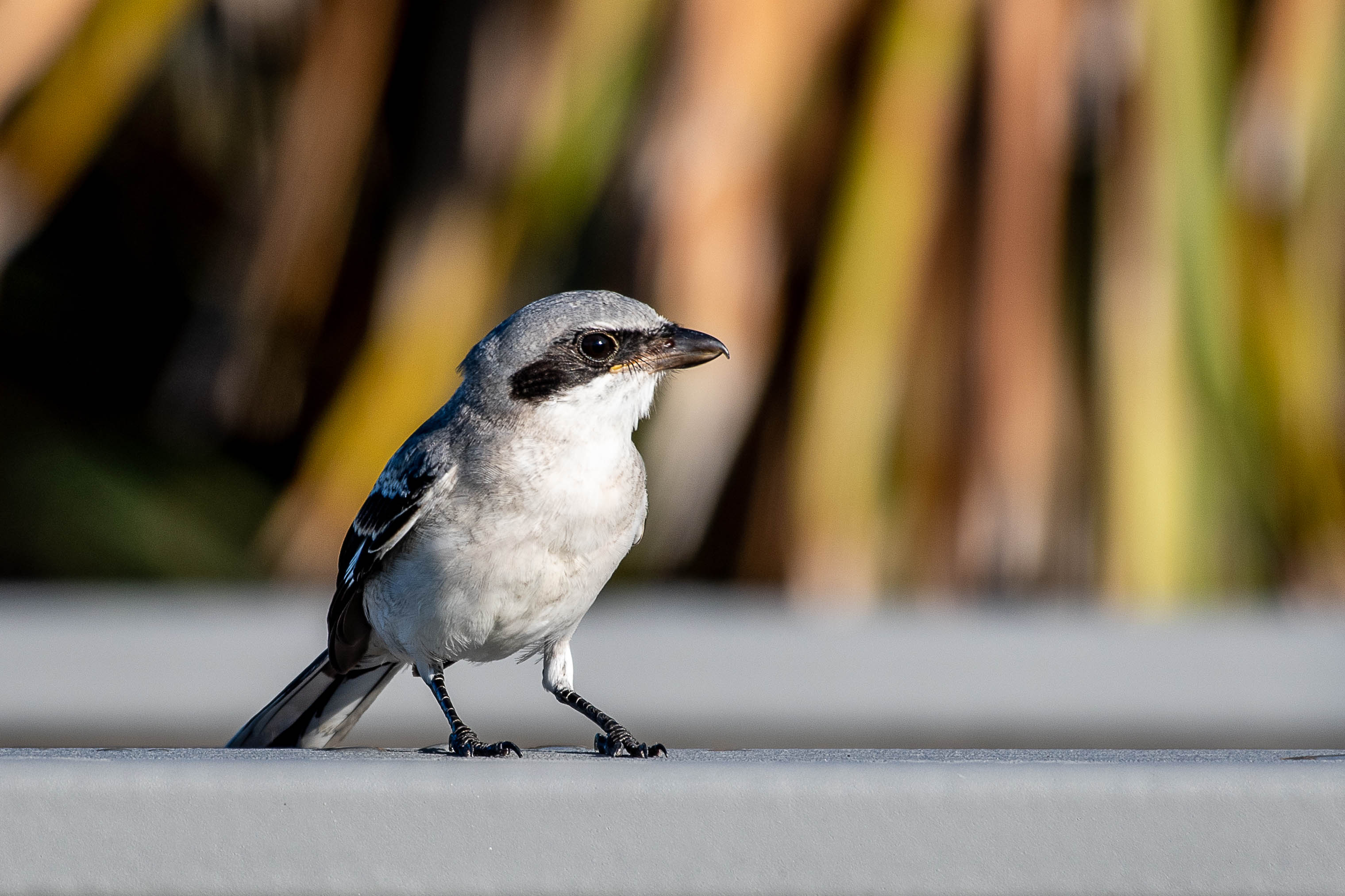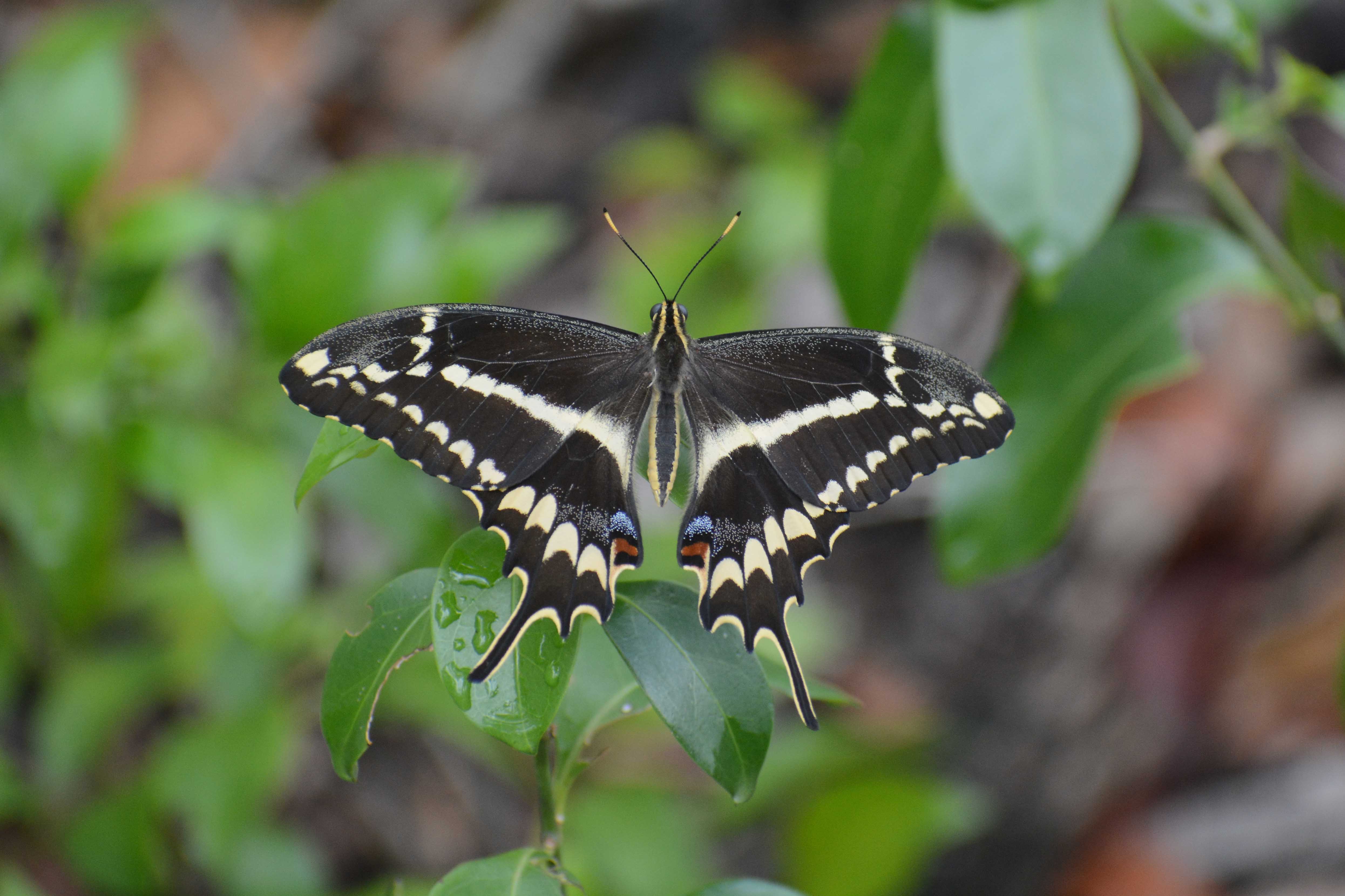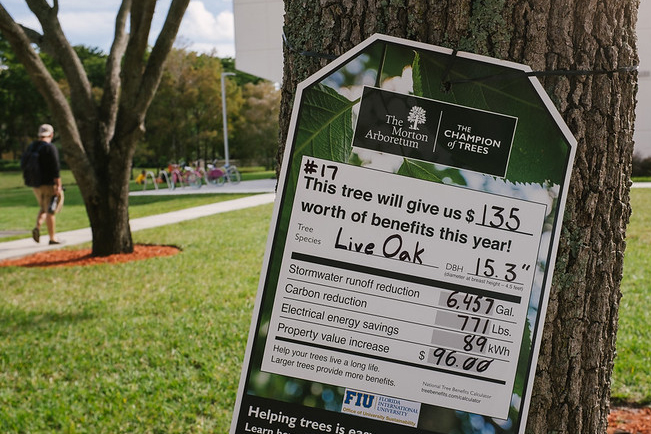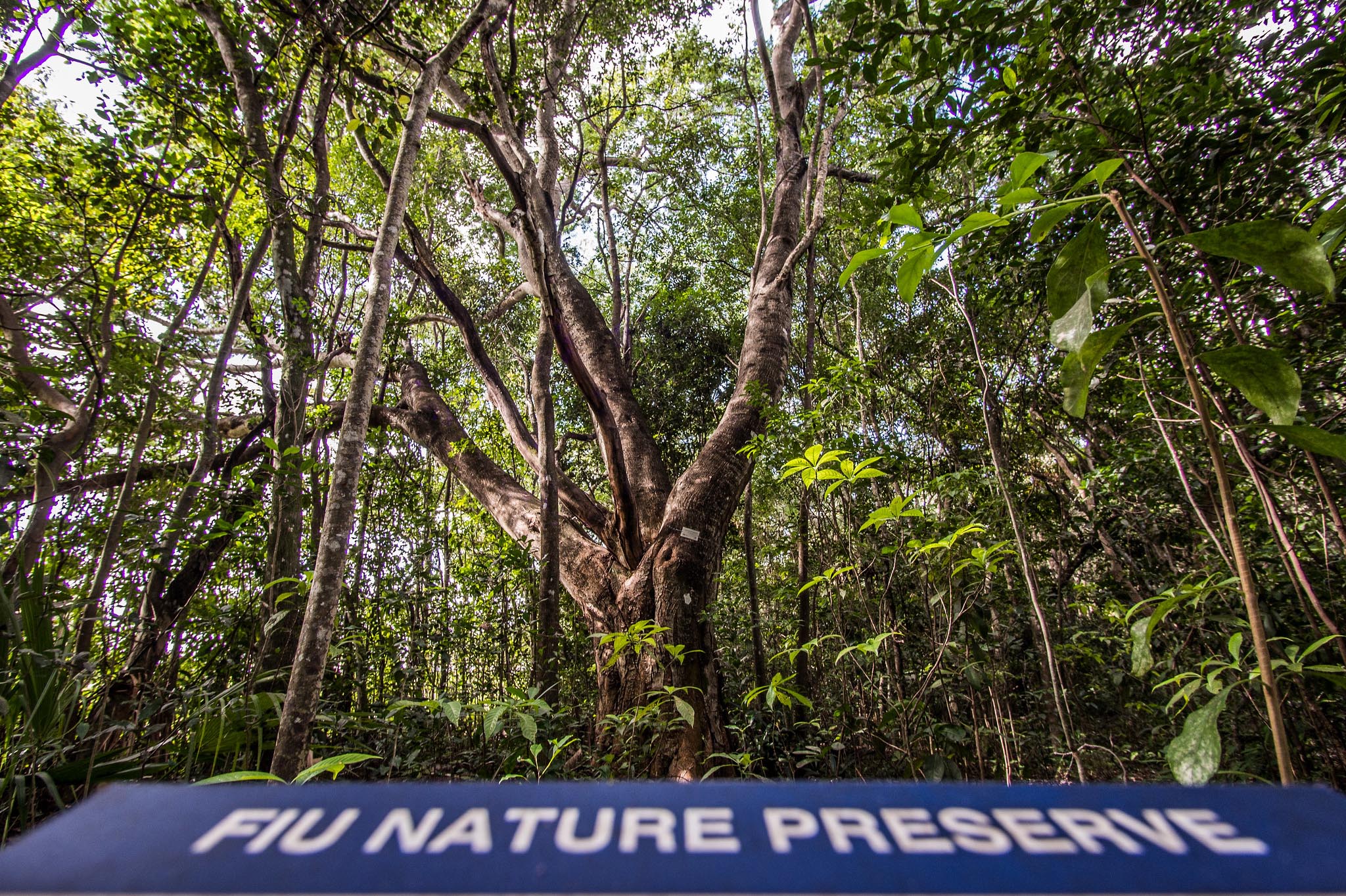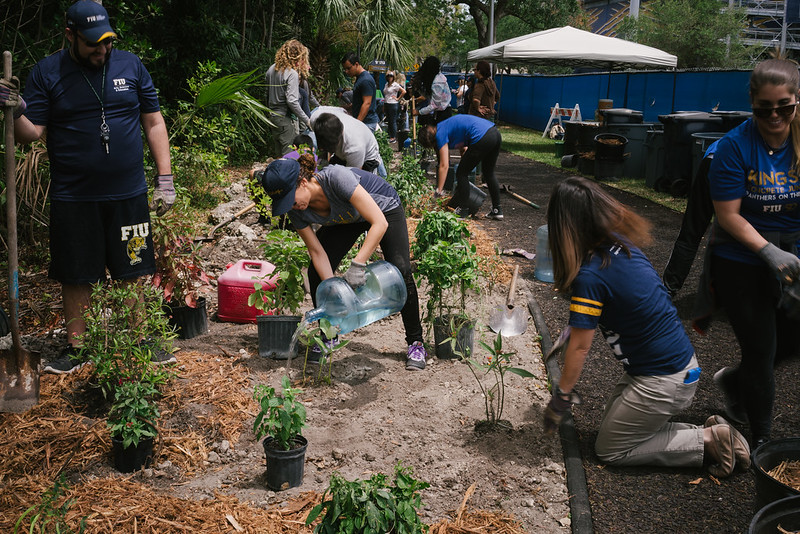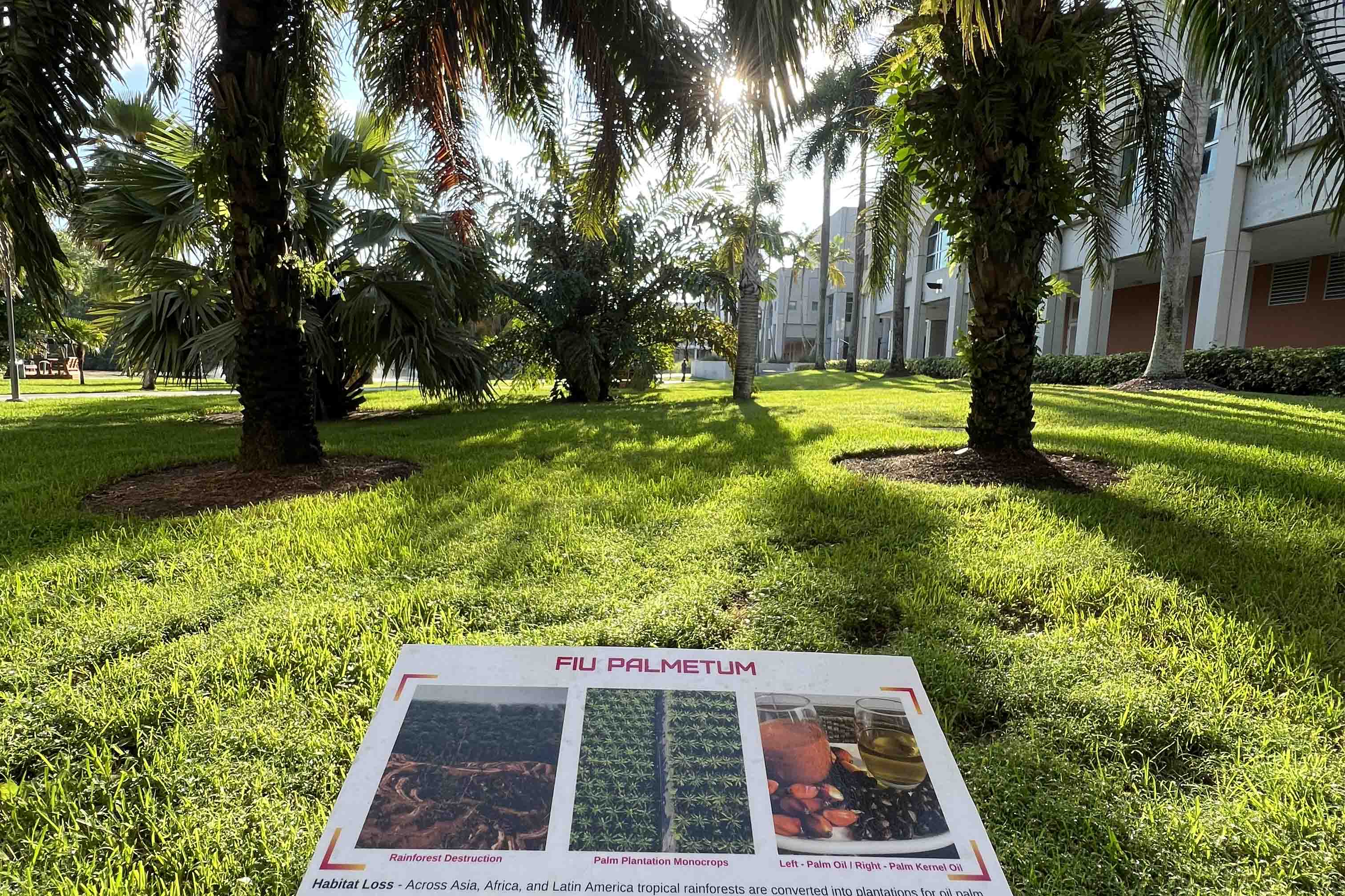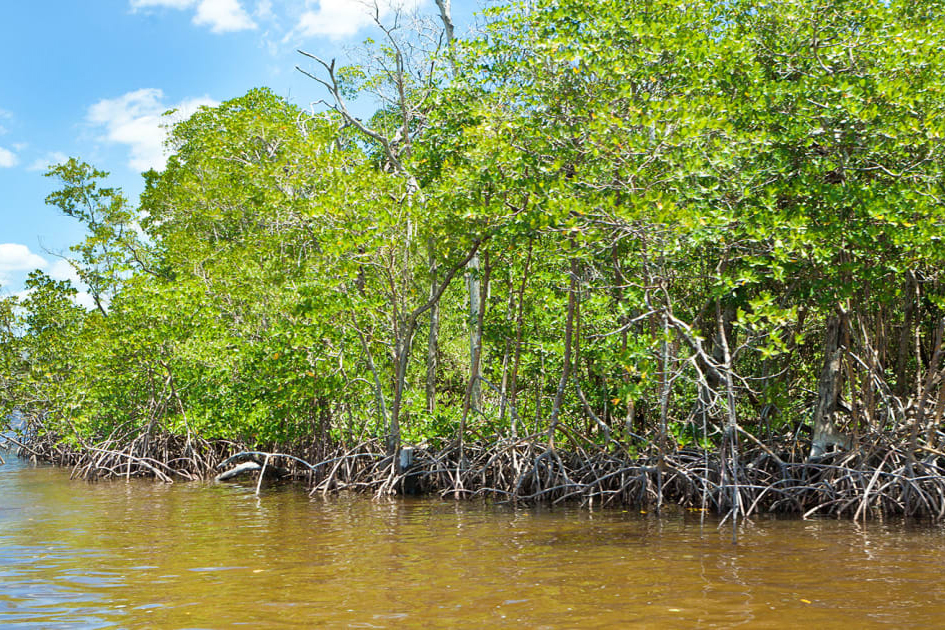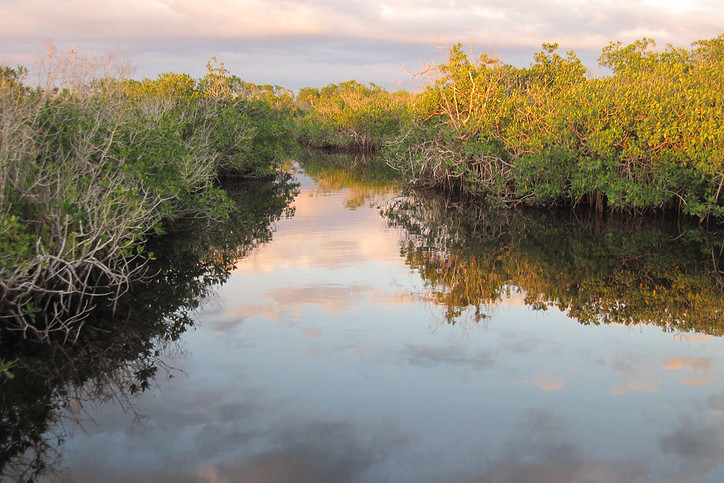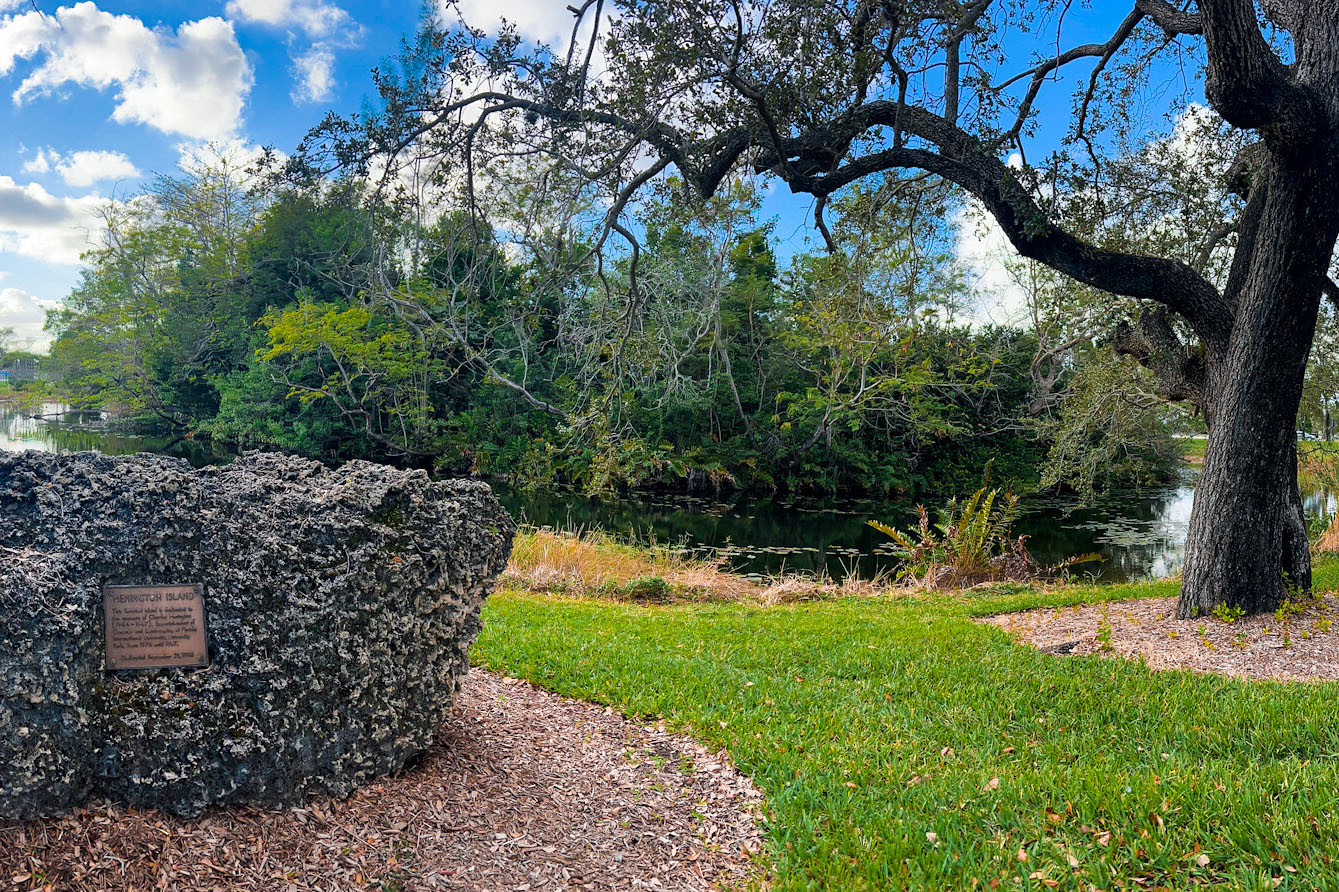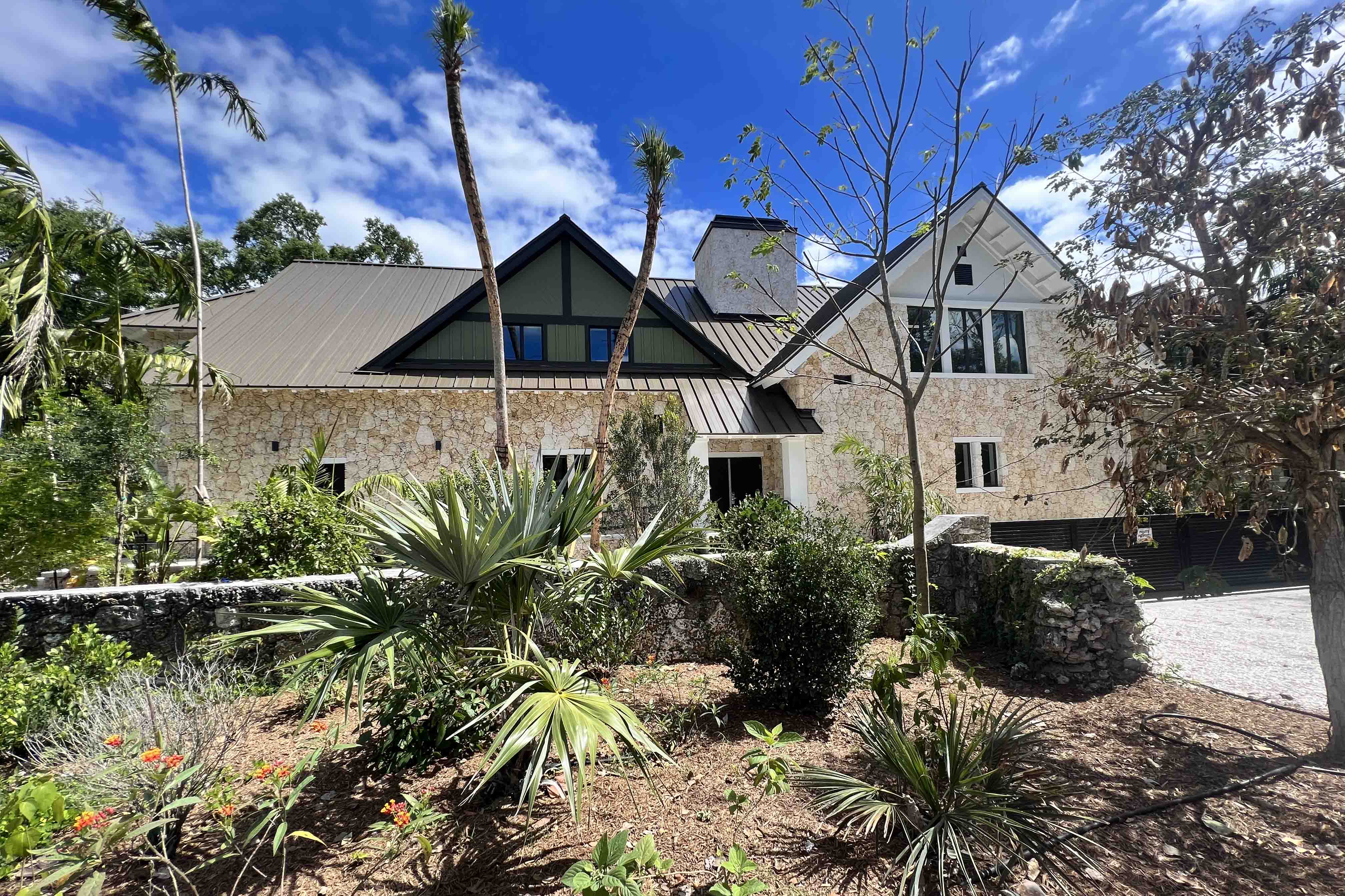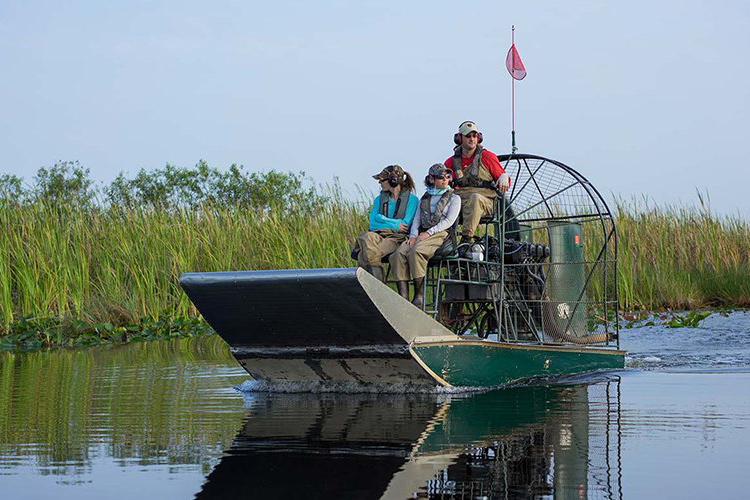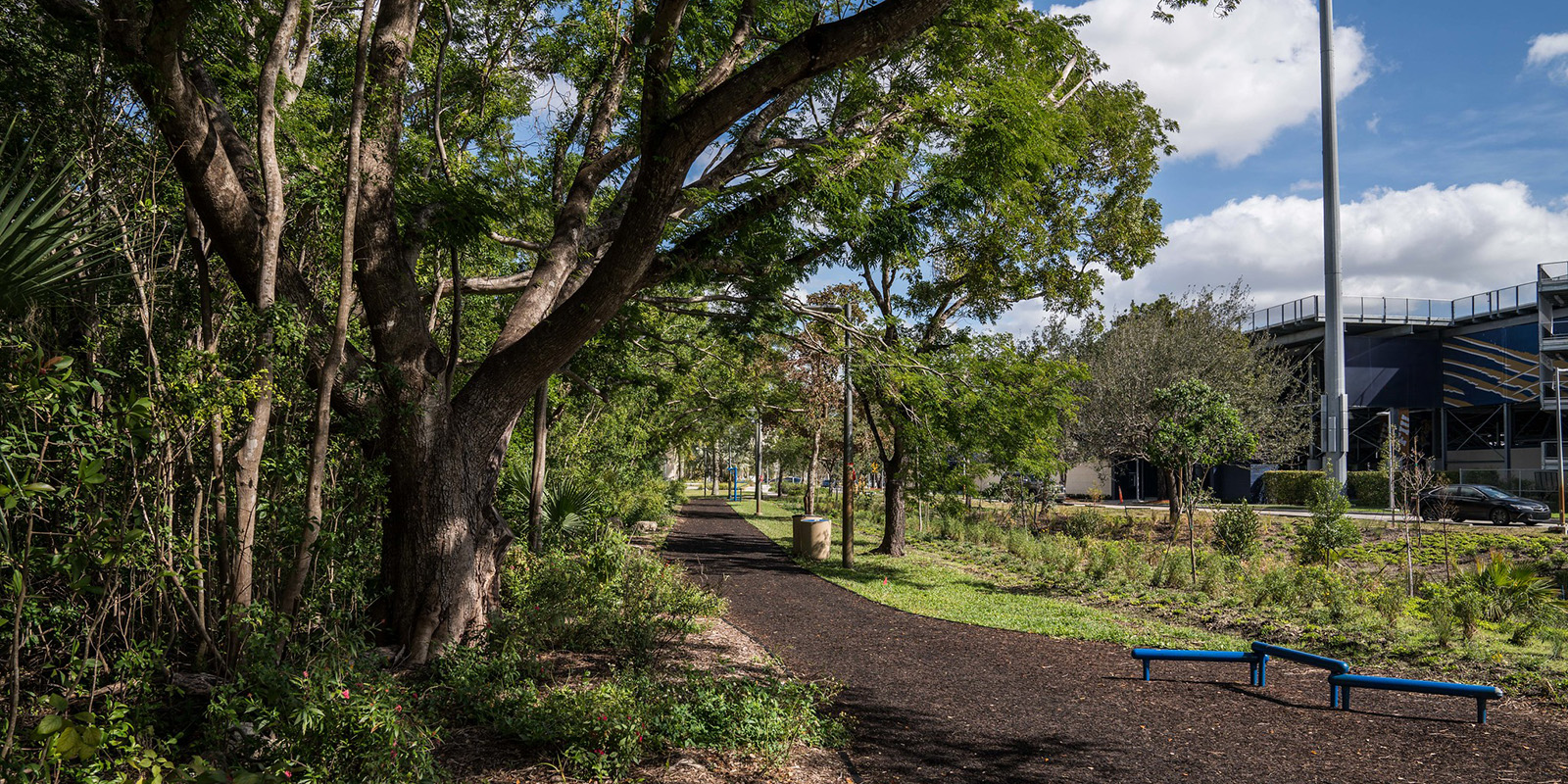
Live, Work and Play Sustainably
Florida International University is a global leader in research and advocacy for LIFE ON LAND. With a campus located at the edge of the Florida Everglades, we recognize the need for living and working sustainably on campus as a university community.
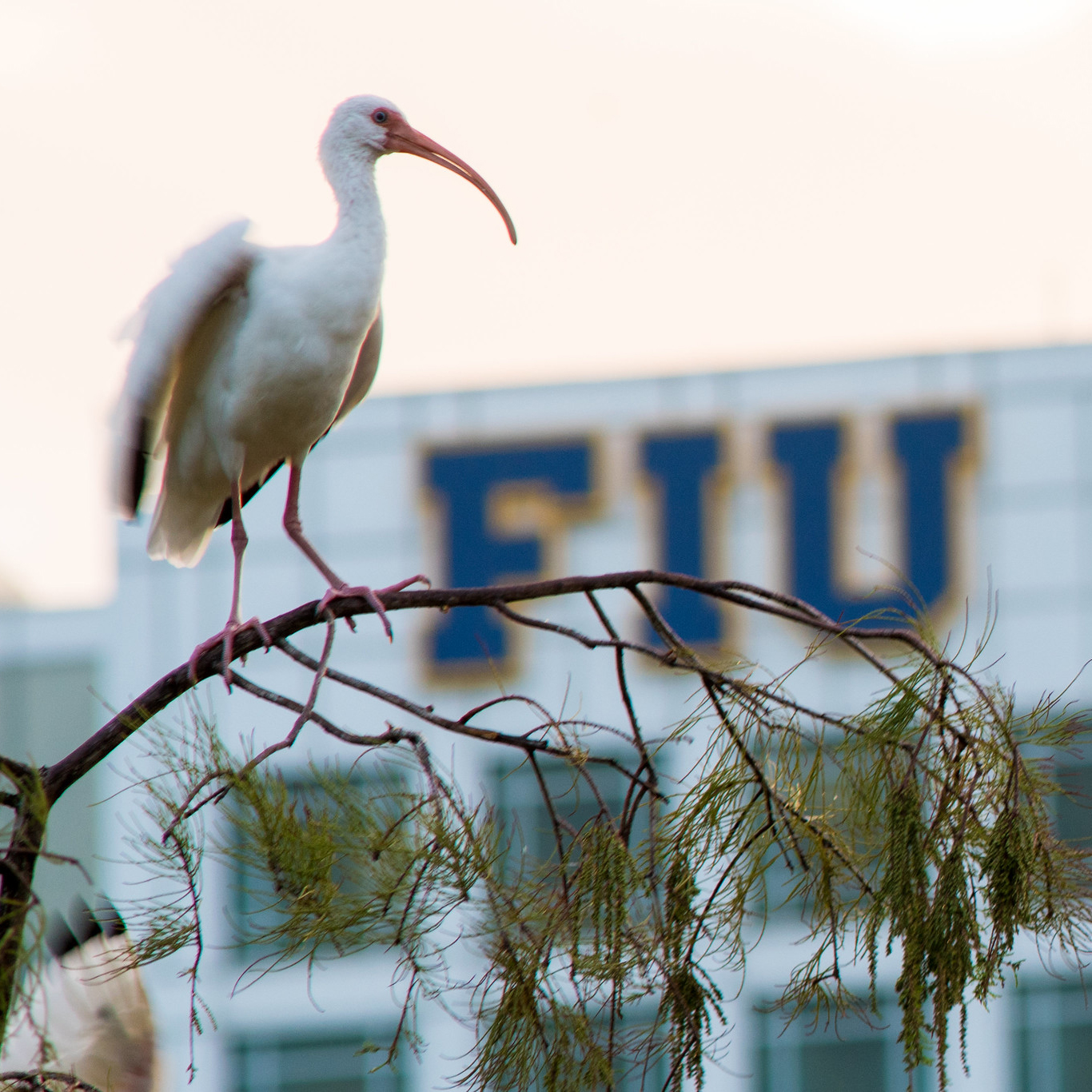
Planning for a Sustainable Future
Florida International University has a deep responsibility to be good stewards of our resources: human, economic, and environmental. In the FIU Experience Impact Strategic Plan, we continue to strengthen our commitment to ensuring a sustainable future for our institution and the South Florida community. This includes sound strategies to reduce our ecological footprint.
FIU Earns STARS Gold
Florida International University has earned a Gold Rating from the Association for the Advancement of Sustainability in Higher Education (AASHE). University-wide initiatives to foster more sustainable campuses helped elevate FIU's rating, which previously was silver. The rating is based on criteria established by AASHE’s Sustainability Tracking, Assessment & Rating System (STARS), a comprehensive sustainability benchmarking system for colleges and universities that addresses the environmental, social and economic aspects of sustainability. The Gold Rating was announced September 11, 2024.
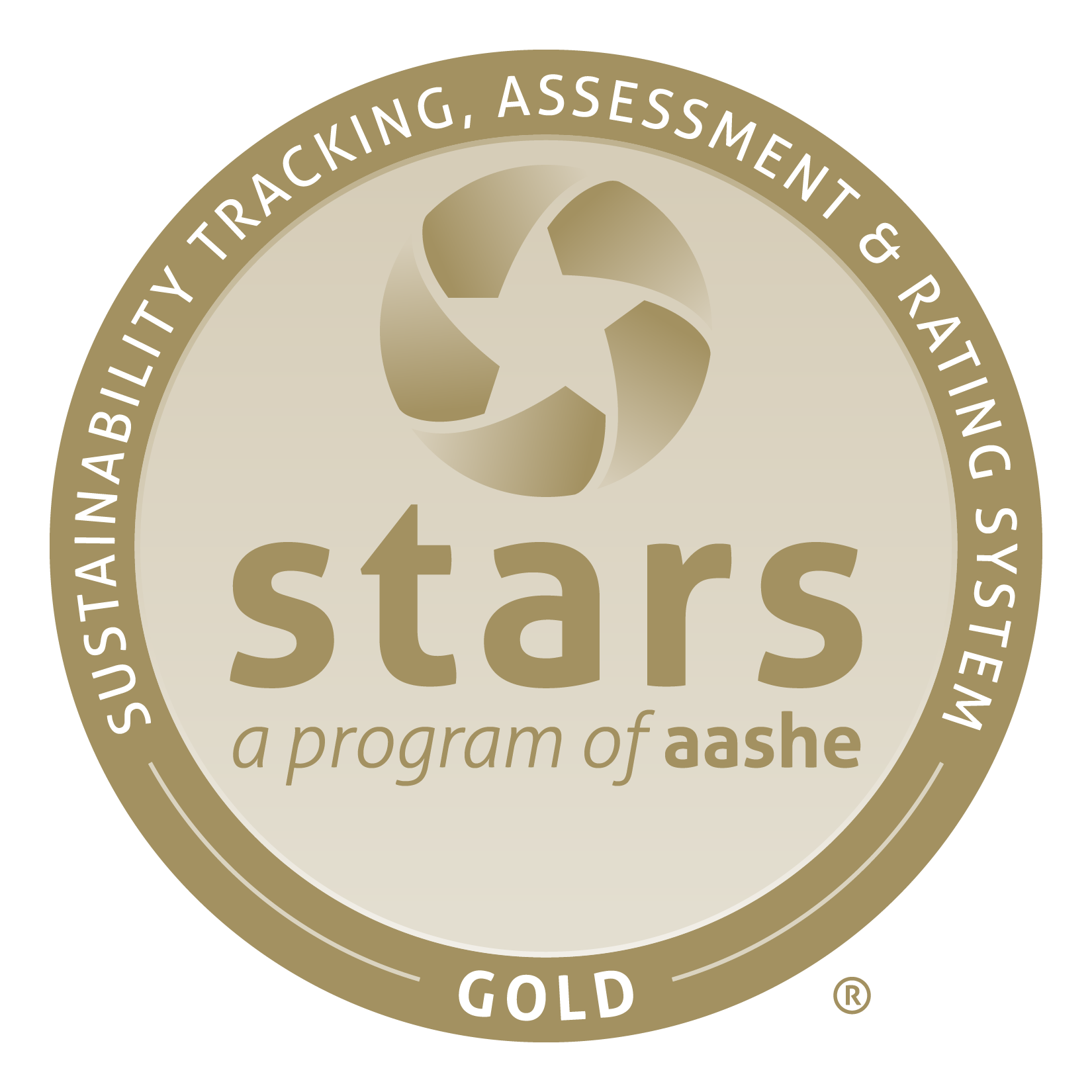
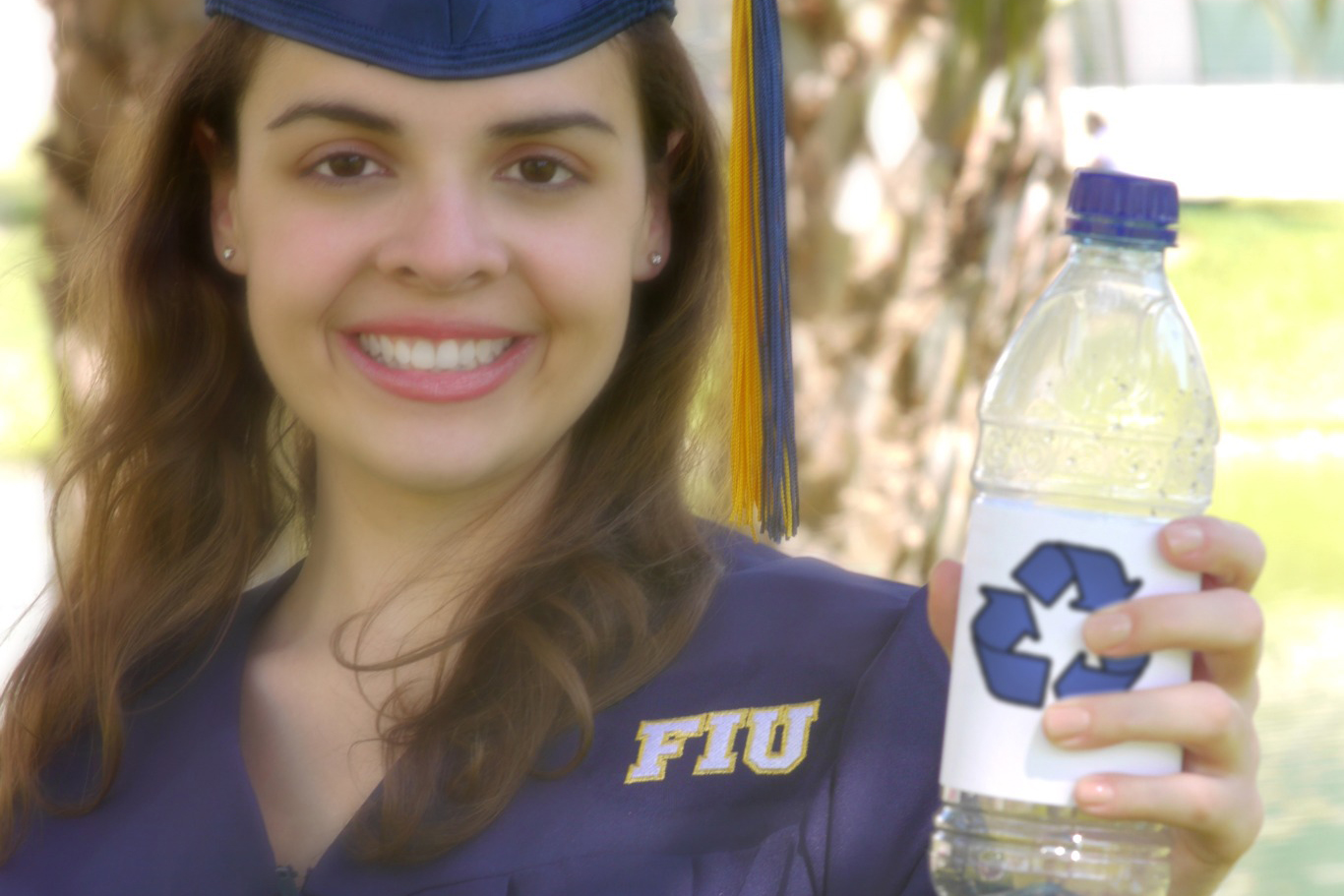
![]() Recycling at FIU
Recycling at FIU
FIU features more than 5,000 recycle bins on our campuses to promote waste reduction at the university. The bins are even made with recycled materials.
Custodial Services:
uses biodegradable or recycled trash bags
distributes recycled paper products that are manufactured by environmentally friendly processes
cleans with green cleaning products
FIU's graduation gowns are made from recycled plastic water bottles.
FIU's main dining venue — 8th Street Campus Kitchen — sends organic waste to an on-campus composting facility, investing in nature's way of recycling and keeping that waste out of landfills.
Did you know?
The Atala butterfly (Eumaeus atala), once thought extinct, is staging a comeback. You can find its sole host plants — coontie (Zamia integrifolia) — among the butterfly gardens on FIU's Biscayne Bay Campus. Keep an eye out, and you might spot one of these endangered butterflies who frequent our gardens.
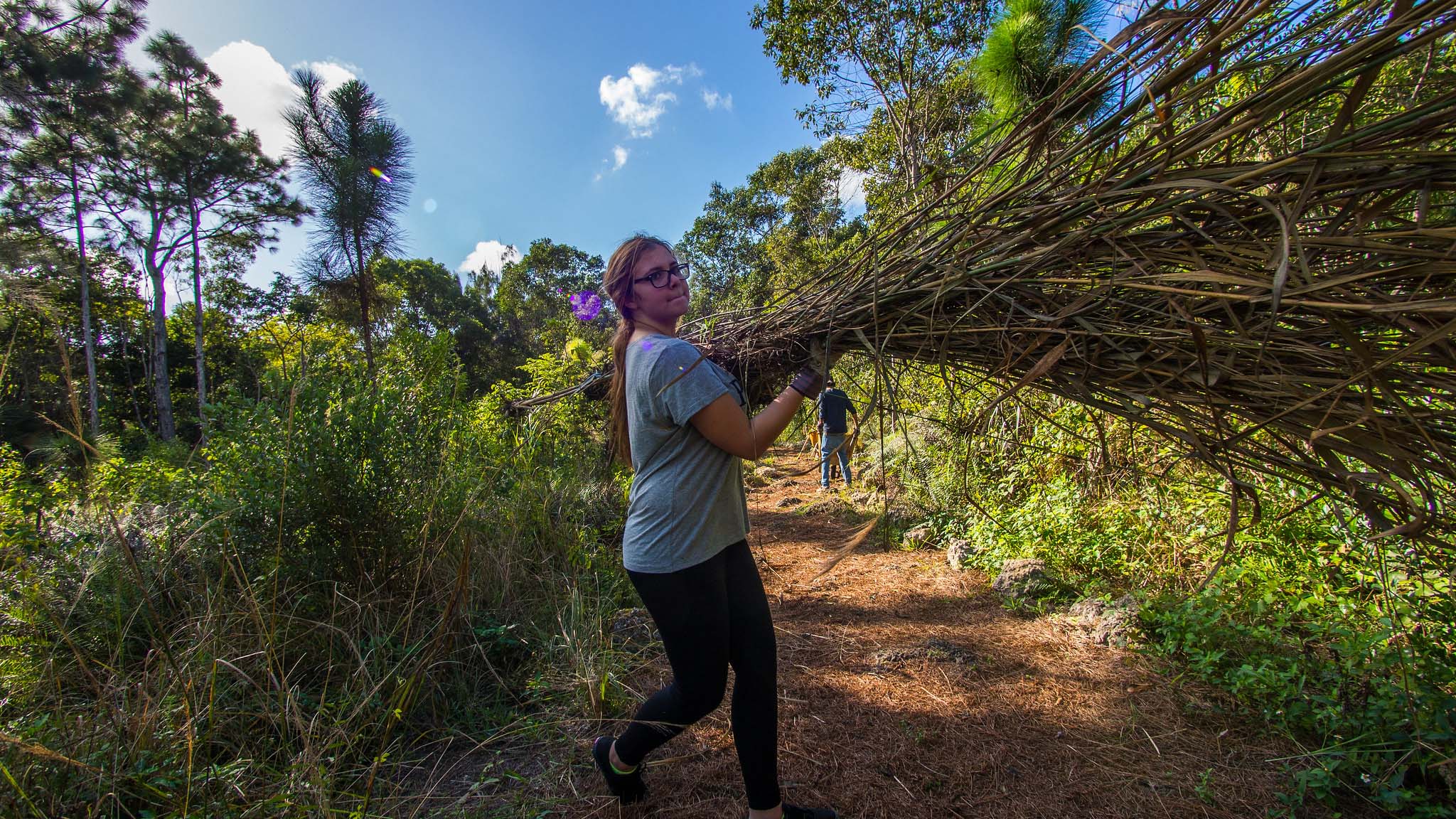
Removing Invasive Species
FIU has an ongoing program for removal of invasive species vegetation, with a particular focus on wetland areas on the Modesto A. Maidique Campus and the mangrove forest on the Biscayne Bay Campus. FIU Facilities manages the removal process as well as planting of native vegetation to replace the exotic and alien species. Improved habitats benefitting native wildlife has been documented since the exotic species removal program began in the mid-1990s.
Information regarding FIU's policy for exotic species removal can be found in Sections 5 and 13 of the FIU Conservation Element
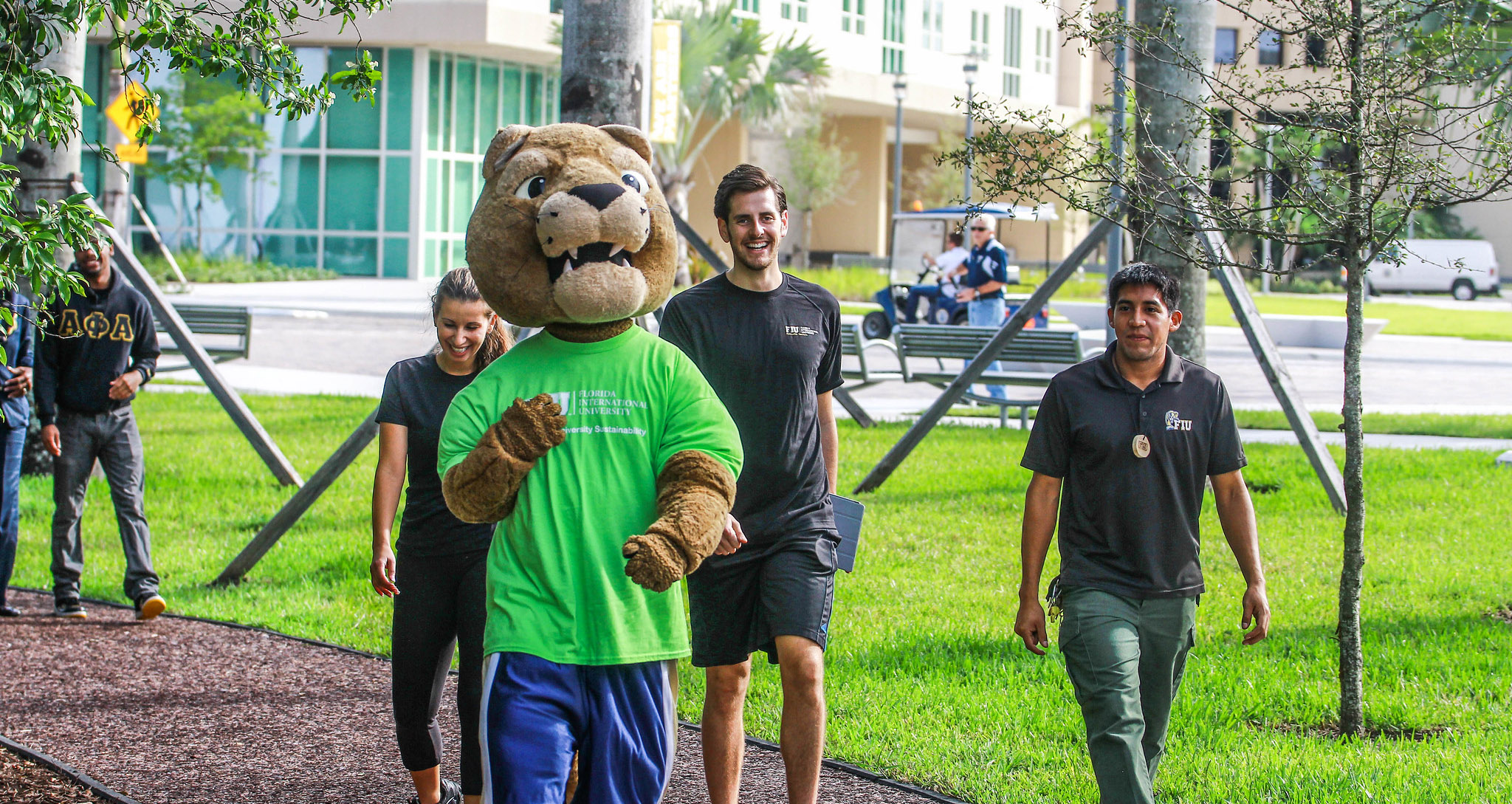
Environmental Regulations
Florida International University requires all employees to comply with all federal, state and local laws and regulations including those regarding protection of ecosystems and their biodiversity.
- The Endangered Species Act (including provisions of CITES)
- U.S. Environmental Protection Agency
- U.S. Fish and Wildlife Service
- Florida Department of Environmental Protection
- Florida Fish and Wildlife Conservation Commission
- Miami-Dade County Environmental Resources Management
- FIU Environmental Health and Safety
Environmental Management Policy
FIU recognizes environmental protection is the responsibility of the entire university community and our Environmental Management Policy directs us to develop and implement operational procedures that align with a series of objectives including best practices for waste disposal. The policy was first implemented in 2006 and most recently updated in 2021.
Hazardous Waste Management
Researchers, lab managers and supporting staff are provided training to maintain a safe work environment that protects people and the environment. A team from FIU’s Department of Environmental Health and Safety provide guidance and oversight on the proper disposal of hazardous materials, research proposal safety reviews, hazard assessments and more.
FIU Environmental Management Objectives
- Minimize energy and water use through efficient management and practices.
- Minimize generation and disposal of solid and hazardous waste by recycling and reusing resources.
- Minimize polluting noises, odors, wastewater and emissions to air, soil and water.
- Minimize and prevent storm water pollution.
- Minimize or eliminate the use of hazardous chemicals and toxic cleaning and maintenance products if appropriate substitutes are available.
- Ensure all waste generated are disposed of in accordance with regulatory and university requirements.
- Meet all applicable environmental standards and regulations.
- Encourage suppliers and contractors to adopt environmental standards.
- Initiate and maintain environmental awareness programs.
- Promote efficient use of energy in an economical and environmentally sound manner.
- Encourage representation on local environmental planning workgroups and conservation initiatives.
